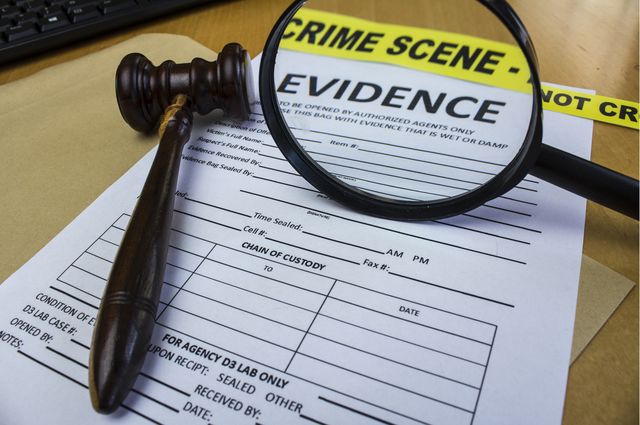Recent advancements in technology have brought forensic science to the forefront in criminal investigations. While investigators are increasingly relying on the scientific foundations of forensic science, constitutional regulation may not be keeping up.
Historically, the U.S. Supreme Court has not taken a firm stance on the type of oversight the constitution should provide concerning forensic science. However, increased reliance on evidence and analysis techniques in the courtroom is persuading the government to take a closer look.
CSAFE researcher and University of Virginia White Burkett Miller Professor of Law and Public Affairs and Justice Thurgood Marshall Distinguished Professor of Law Brandon Garrett recently released a comprehensive review of the latest issues on constitutional regulation of forensic science.
From the article:
“Despite decades of missed opportunities to adequately regulate forensics, in recent rulings the Supreme Court and lower courts increasingly focus on sound litigation of forensics. In an era of plea bargaining, the accuracy of forensic analysis depends far less on cross-examination at trial, and far more on sound lab techniques, full disclosure of strengths and limitations of forensic evidence to prosecutors and the defense, and careful litigation.”
Learn more in the Washington and Lee Law Review journal.

